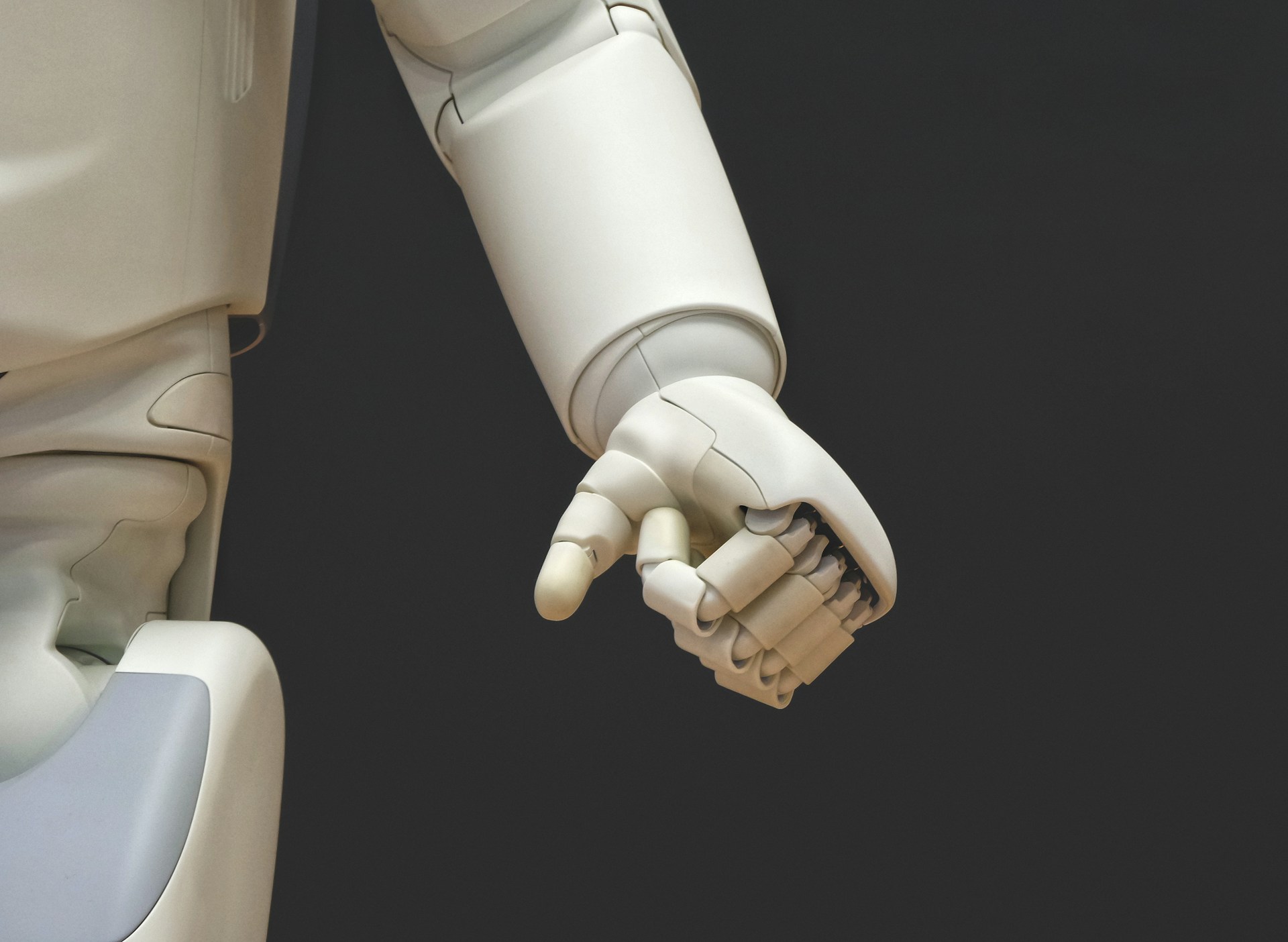
Artificial Intelligence (AI) simulates human intelligence in machines that are designed to learn, think, and solve problems like humans. It encompasses a wide range of techniques, algorithms, and technologies that enable computers to perform tasks that would usually need human intelligence using machine learning. These systems are designed to understand their environment, understand natural language, make decisions, and take action to achieve specific goals due to their ability to analyze large volumes of data, recognize patterns, and extract insights to inform decision-making.
This technology is being applied across various sectors and domains to automate tasks, enhance decision-making, improve efficiency, and drive innovation. Although developing AI is not cheap, it is highly beneficial in the long run. The following are some sectors that AI tech has started and continues to revolutionize:
1. Energy Sector
The energy demands on the planet are through the roof with no signs of slowing down. More than ever, we need to increase our energy output and be more efficient with its distribution while being conscious of sustainable and renewable options. While AI is not a panacea, it has made great strides in providing solutions to some of the problems that currently plague the energy sector, and it’s doing so in the following ways.
Grid operators can not take advantage of AI models to predict wind and solar power generation based on weather data, which would help them integrate these variable sources into the system efficiently. Also, AI can analyze sensor data to predict equipment failures, allowing for preventive maintenance and avoiding costly downtime.
2. Gaming Sector
The gaming sector is not left out of the goodness that artificial technology promises. From handheld games to console games and casino gaming, the effects are undeniable. Console gamers can enjoy better gaming experiences where the AI can adjust the difficulty of games in real-time based on player skill, ensuring a constantly engaging and challenging experience, coupled with immersion like never before due to the introduction of intelligent non-player characters, adding dynamism to the gameplay.
Casino gaming, particularly online, has had a facelift too, one enthusiasts are going to love. The introduction of artificial technology in this space means gamers can get the most out of any of the top recommended totosites. Sites like these use machine learning (an aspect of AI) to learn user behaviors and then create personalized online gaming experiences for players when logged on to their favorite platforms, coupled with automation, data privacy, and enhancements in AR (augmented reality) and VR (virtual reality), AI is catapulting the usual online gaming and betting experience to more interesting heights.
3. Retail Sector
AI is significantly reshaping the retail landscape, transforming everything from inventory management and personalized recommendations to cashierless stores and even product design. It does so by analyzing customer data and purchase history to suggest relevant products, creating a more personalized and engaging shopping experience. Access to consumer data allows it to identify customer segments and preferences, enabling retailers to tailor marketing campaigns and promotions for maximum impact.
4. Finance Sector
Despite the high cost of development, artificial intelligence (AI) has infiltrated nearly every corner of the finance sector, revolutionizing processes, enhancing decision-making, and uncovering new opportunities.
The algorithms analyze vast amounts of transaction data in real time, identifying suspicious patterns and preventing fraudulent activities like money laundering and credit card fraud. At the same time, the tech is capable of assessing borrowers’ creditworthiness more accurately than traditional methods, considering diverse data points beyond credit scores, leading to fairer lending practices and reduced risk for lenders.
In addition, AI-powered trading platforms analyze markets and execute trades autonomously, offering faster and potentially more profitable strategies, though requiring careful oversight and responsible implementation while also helping to generate personalized investment recommendations based on individual risk tolerance and financial goals, enabling more informed investment decisions.
5. Education Sector
One of the most crucial sectors in any nation’s development is the education sector, and the incorporation of AI technology has streamlined its operations, cut down waste, and improved efficiency. It has been able to do so by creating adaptive learning content and unique curriculums to match the pace of individual student needs and learning styles, catering to diverse strengths and weaknesses. This is enabled by AI-powered tutors that provide personalized feedback and guidance, offering additional support where needed and allowing students to progress at their own pace.
6. Health Sector
Machine learning is transforming the healthcare sector in numerous ways.
In the area of medical diagnosis and treatment, this tech enables medical practitioners to analyze medical scans like X-rays, MRIs, and CT scans with high accuracy, aiding in faster and more precise diagnoses. The result is that it empowers doctors to detect diseases like cancer or heart conditions earlier, leading to better patient outcomes.
It does not stop there. Because these algorithms can quickly analyze large datasets, they are able to create personalized treatment regimens. It helps to tailor treatment plans to individual patients’ unique characteristics, taking into account their genetic makeup, medical history, and lifestyle factors. This allows for more effective and targeted interventions.
Lastly, AI can double as a doctor’s assistant by providing clinical information, suggesting treatment options, and even reminding patients about medication schedules.
7. Transportation Sector
Only a few sectors need reform as much as the transportation sector does. From inadequate parking spaces to traffic congestions and delays in goods and service delivery, there are many ways artificial intelligence can bring ease to commuting and commuters.
Perhaps the most popular use case in this area is self-driving cars, as made popular by Tesla. It uses AI algorithms to navigate roads, recognize obstacles, and make driving decisions, mirroring a human’s input from years of data collected and analyzed. It also helps with traffic flow optimization as it predicts congestion and provides alternative routes in real time.
